On September 18, the “Security and Peace” Beijing Sub-Forum of the 2023 Nanjing Peace Forum was successfully held. It was co-hosted by the Academy of Contemporary China and World Studies (ACCWS), the Information Office of the Nanjing Municipal People’s Government, the Center for International Security and Strategy (CISS) at Tsinghua University, and the Center for Global Competence Development at Tsinghua University (CGCD), and organized by Student Association of Belt and Road Initiative (SABRI) at Tsinghua University and Tsinghua University Student Association of China and ASEAN (THUCA).
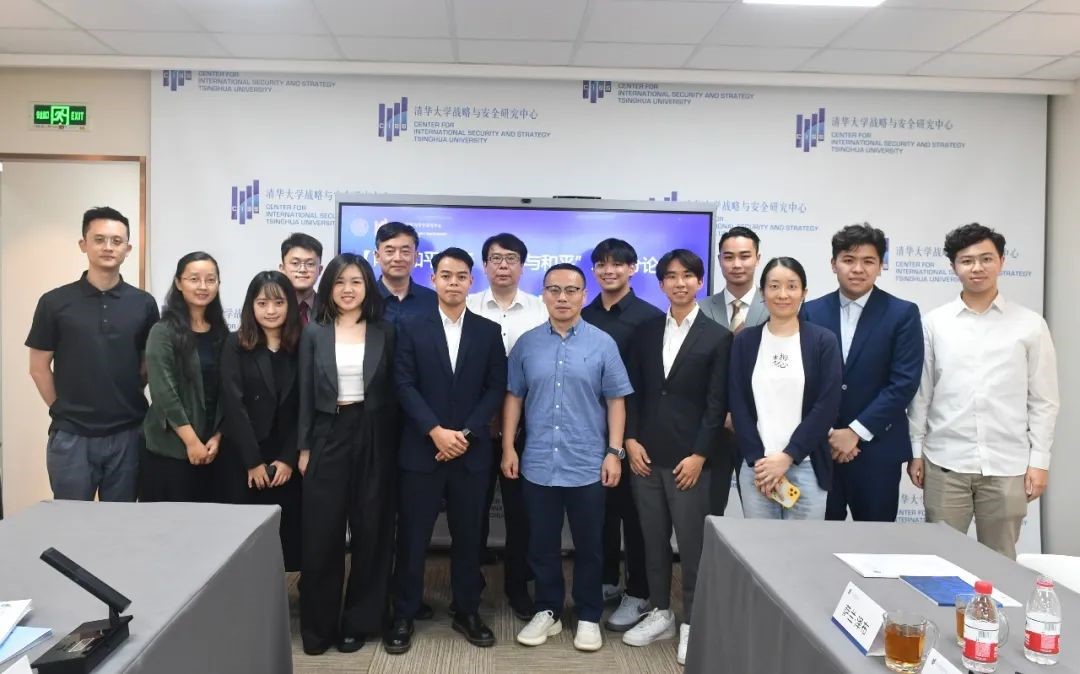
Group Photo of the Participants
The event was joined by Liu Cheng, Professor of the School of History of Nanjing University, Chairholder of the UNESCO Chair on Peace Studies, Director of the Institute for Peace Studies, and Director of the Institute of British and Commonwealth Studies, and Chen Qi, Deputy Director of CISS and Professor of the Department of International Relations of Tsinghua University. Youth representatives from Pakistan, Malaysia, Laos, and other countries along the Belt and Road, as well as Hong Kong, Macao, and Taiwan, attended the Sub-Forum and discussed topics such as “China’s Development Promotes World Peace,” “Promoting Peaceful Development through Civilization Exchanges and Mutual Learning,” and “Promoting World Peace and Development with Youthful Vigor.” Liao Ying, Director of the Center for Global Competence Development at Tsinghua University, moderated the Sub-Forum. Fan Daqi, Vice President of ACCWS, presented himself at the event and delivered an opening speech.
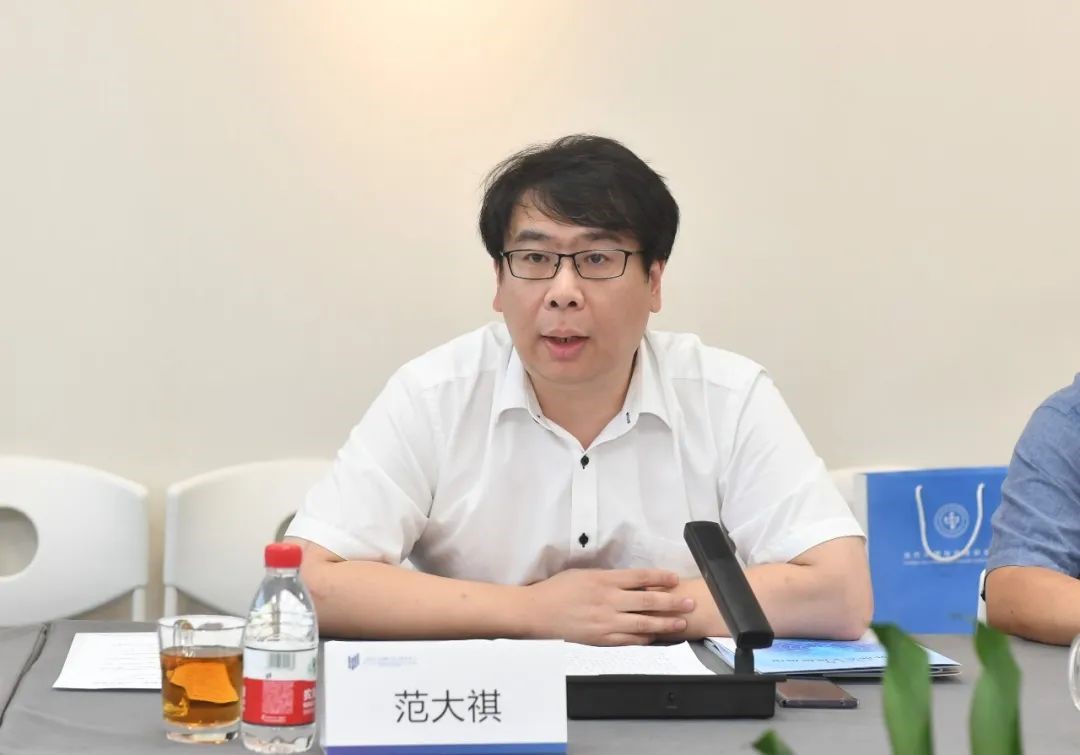
Opening Speech
Fan Daqi indicated that all parties needed to make concerted efforts and take practical actions to ensure a more secure, stable, and prosperous global future, as the world is currently facing various challenges. China’s development has contributed to world peace, and it is worth respecting and learning from whichever path to modernization, as long as it is the path of peaceful development, prosperity, and coexistence. Exchanges and mutual learning among civilizations can deepen mutual understandings and promote people-to-people contact and peaceful development worldwide. As the most energetic generation, young people should become the messengers of multicultural exchanges and guard the homeland of the earth. It is hoped that the Nanjing Peace Forum will link global youth together to put forward future-oriented proposals on global security governance, inspire youth to think about security concepts of the “greatest common divisor” that can promote world peace and development, and form practical initiatives that best meet the common security interests of countries along the Belt and Road.
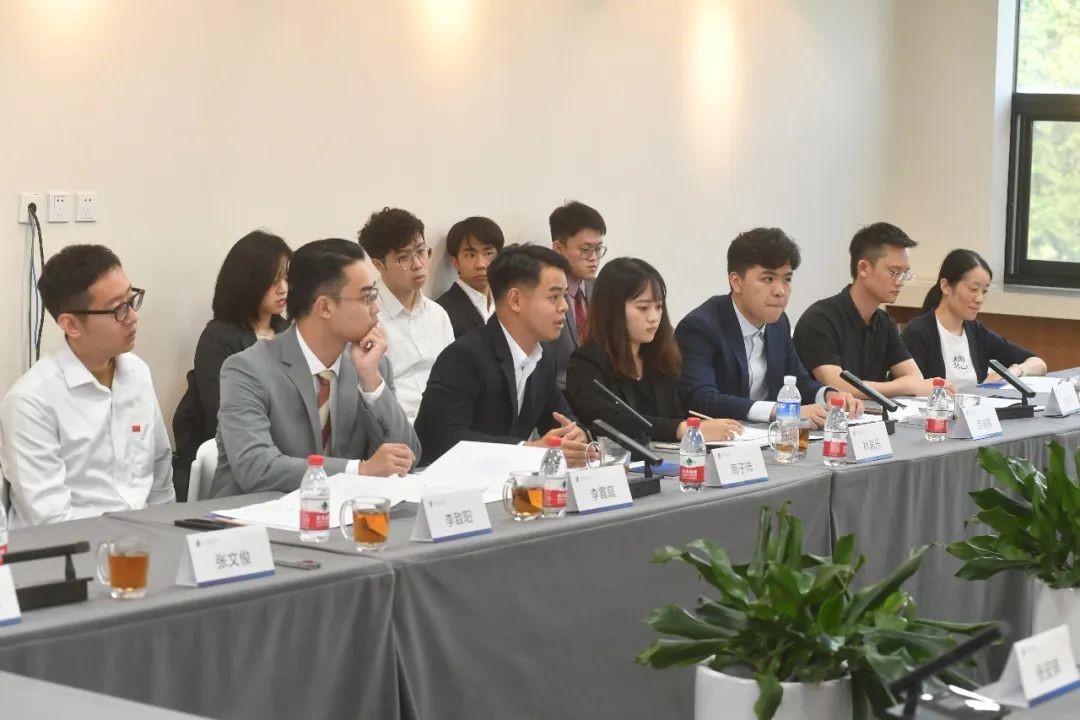
Speeches by Youth Representatives
During the Sub-Forum, youth representatives shared their understandings and thoughts on peaceful development and exchanges and mutual understandings between civilizations in the light of their respective backgrounds. Participating youths agreed that China had made great contributions to the peaceful development of the world in terms of political concepts, institutional design, economic development, cultural exchanges, etc. At the same time, young people should actively and physically feel, understand, and spread other countries’ cultures, and promote the peaceful development of the world by cooperating with young people of other countries to launch social activities and build exchange platforms among civilizations of different countries. According to them, cultures are both diverse and unique, and people from different civilizations and countries are proud of their own cultures and histories. The key lies in the fact that in the dialogue and exchange of civilizations, we should avoid spreading our own cultures in a coercive way; instead, an inclusive and open way is feasible to spread each other’s cultures, showing ourselves with the unique charm of our cultures and inspiring the power of peace in them.
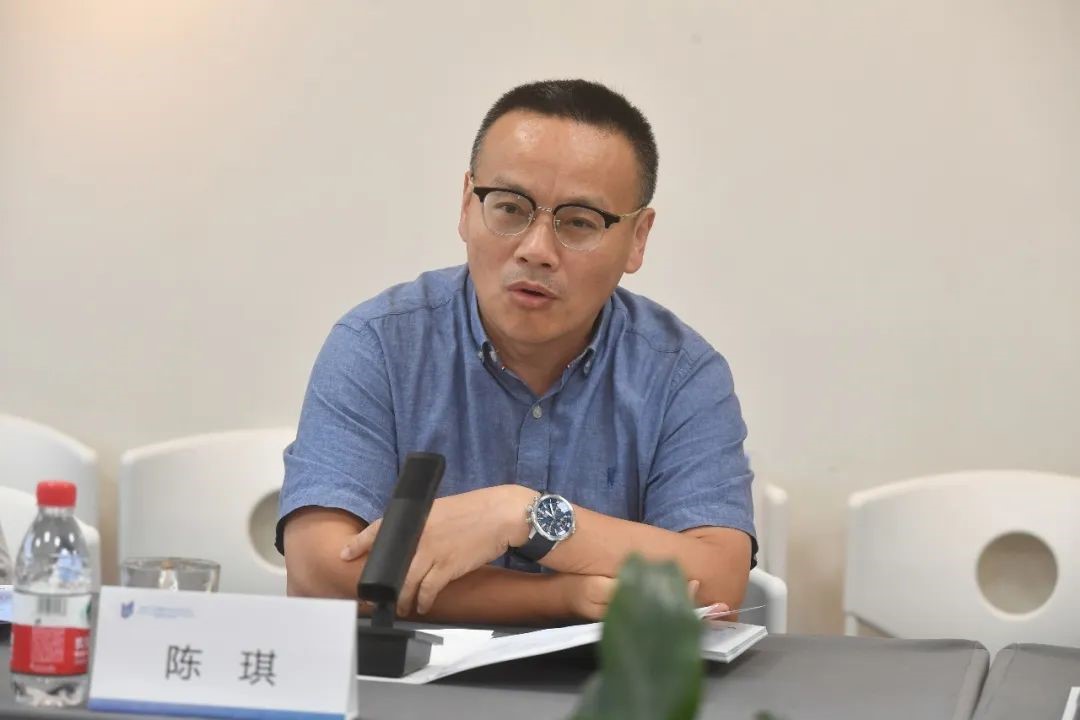
Guest Speech
Chen Qi pointed out that challenges were posed against peace nowadays, as the international situation becomes more intensified coupled with the decoupling and breaking of chains, ideological conflicts, and geopolitical conflicts. The world is for all, and the rules should be set by all. Promoting hegemony or dominance is not conducive to the maintenance of world peace. In his view, there is no superiority or inferiority among civilizations, and if one promotes culture in a violent and exclusive manner, it will surely lead to conflicts in the world. We should dissolve the current political divisions through diverse cultures as we gain mutual learning from different civilizations, which echoes the saying “Appreciate the culture of others as do to one’s own, and the world will become a harmonious whole.”
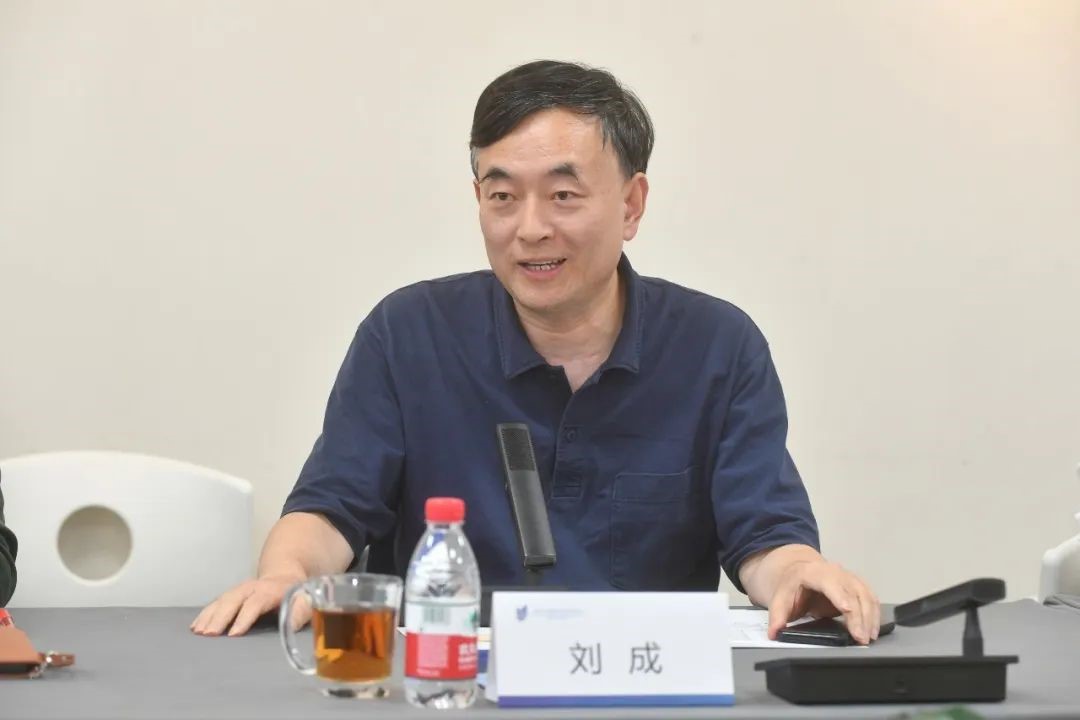
Guest Speech
Liu Cheng commented that the world had become a global village given the economic globalization. Civilizations and cultures do not arise out of nothing but are products of exchange and they are pluralistic. Based on their plurality, a culture of commonality is being formed, which provides the possibility of solving problems with the power of peace. In his view, although the world is always full of challenges, humanity, which has weathered the storms of thousands of years, is always moving forward, and the contributions that peace can make to the world are immeasurable. Permanent peace is always on the way, and a better world can only be built if every peace-minded and peace-loving youth unites to take concerted actions.
During the event, the participants also focused on the topics of security and peace and the power of peace in culture and discussed in depth how to contribute youth wisdom and gather youth power to promote peace and security in the international community.
